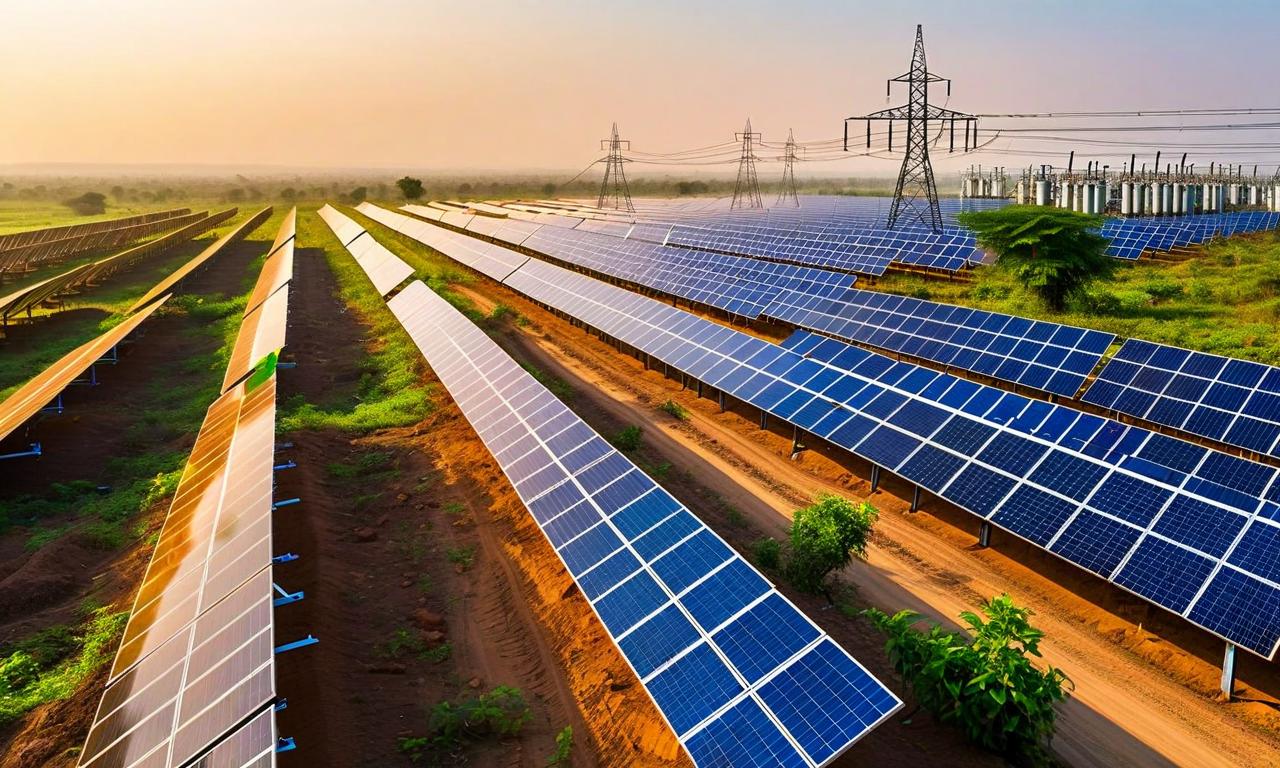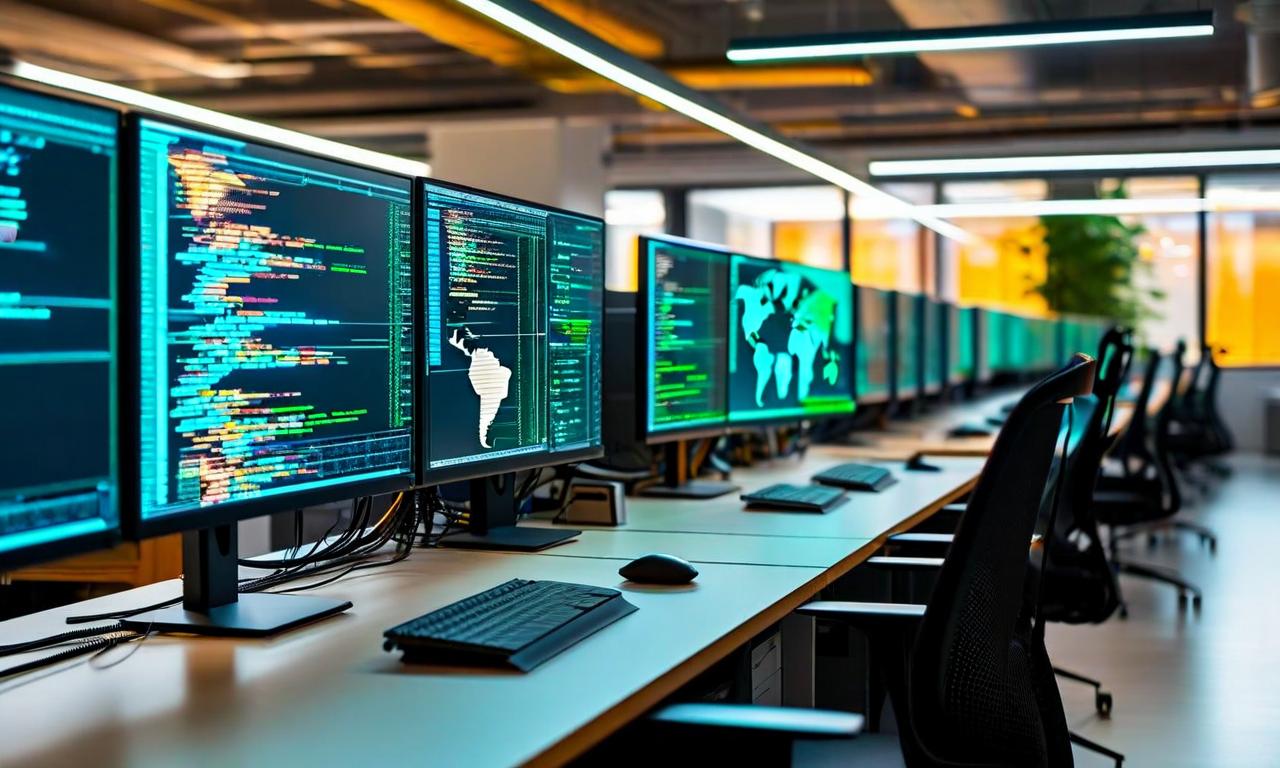Zuckerberg's $600 Billion Announcement: Hot Mic Catches Apology to Trump at White House Tech Dinner
Meta CEO Mark Zuckerberg announced a $600 billion investment in the US through 2028 at a White House dinner for tech executives. However, he was later caught on a hot microphone apologizing to Donald Trump, suggesting the figure might have been prematurely or incorrectly stated. Other tech giants also made significant investment announcements, with Google pledging $250 billion over two years and Microsoft committing to $75-80 billion annually. Despite the apparent misstep, Trump praised the assembled tech leaders for their brilliance and contributions to the business revolution.

*this image is generated using AI for illustrative purposes only.
In a surprising turn of events at a recent White House dinner for tech executives, Meta CEO Mark Zuckerberg found himself in an awkward situation after announcing a staggering $600 billion investment in the United States through 2028. The incident took an unexpected twist when Zuckerberg was caught on a hot microphone apologizing to Donald Trump, suggesting that the figure might have been prematurely or incorrectly stated.
The Billion-Dollar Slip-Up
During the high-profile dinner, which brought together some of the tech industry's most influential leaders, Zuckerberg was overheard saying, "Sorry, I wasn't ready. I wasn't sure what number you wanted to go with." This candid moment, captured unintentionally, has raised questions about the nature of the announced investment and the dynamics between tech leaders and political figures.
A Star-Studded Tech Gathering
The dinner wasn't short on big announcements from other tech giants:
- Google CEO Sundar Pichai announced a $250 billion investment over two years
- Microsoft CEO Satya Nadella stated an annual US investment of $75-80 billion
These figures underscore the massive economic impact and influence of the tech sector in the United States.
Trump's Praise for Tech Leaders
Despite the apparent misstep, Trump seemed impressed with the assembled tech executives. He praised the group, calling them "the most brilliant people" and a "high IQ group" leading a business revolution. This positive reception suggests that the gaffe did not overshadow the overall significance of the tech leaders' commitments to US investments.
Implications and Questions
The incident raises several questions about the preparation and coordination of such high-stakes announcements. It also highlights the pressure tech executives face when making public commitments, especially in politically charged environments.
While the exact circumstances surrounding Zuckerberg's announcement and subsequent apology remain unclear, the event underscores the complex relationship between the tech industry and government, as well as the enormous financial stakes involved in these interactions.
As the dust settles on this unexpected revelation, observers will be keen to see if Meta provides any clarification on its investment plans and how this incident might affect future interactions between tech leaders and political figures.

























